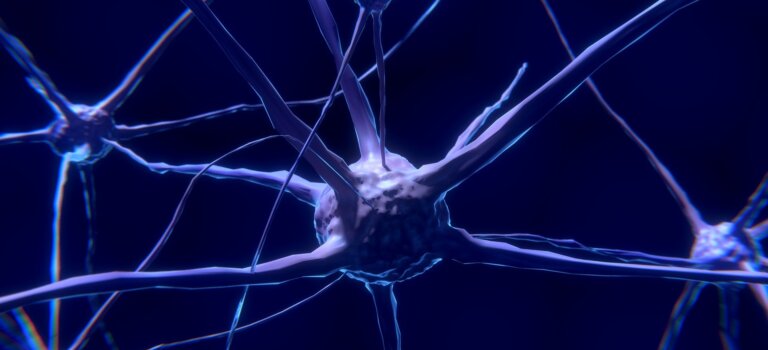An intelligence quotient (IQ) is a total score derived from a set of standardised tests or subtests designed to assess or to understand human intelligence. The abbreviation or term “IQ” was coined by the psychologistWilliam Stern for the German term Intelligenzquotient, his term for a scoring method for intelligence tests at University of Breslau he advocated in a 1912 book.

Overview
Historically, even before IQ tests were devised, there were attempts to classify people into intelligence categories by observing their behavior in daily life. Those other forms of behavioral observation are still important for validating classifications based primarily on test scores. Both intelligence classification by observation of behavior outside the testing room and classification by testing depend on the definition of “intelligence” used in a particular case and on the reliability and error of estimation in the classification procedure.
a six-year-old child who passed all the tasks usually passed by six-year-olds—but nothing beyond—would have a mental age that matched his chronological age, 6.0. (Fancher, 1985). Binet thought that intelligence was multifaceted, but came under the control of practical judgment. many factors are responsible for intelligence keep reading I will tell you everything about it.
Health for IQ determination
Since about 2010, researchers such as Eppig, Hassel, and MacKenzie have found a very close and consistent link between IQ scores and infectious diseases, especially in the infant and preschool populations and the mothers of these children. They have postulated that fighting infectious diseases strains the child’s metabolism and prevents full brain development. Hassel postulated that it is by far the most important factor in determining population IQ. However, they also found that subsequent factors such as good nutrition and regular quality schooling can offset early negative effects to some extent.
poor nations have averagely low intelligence quotient and in other hands developed nations have their own problem ,Developed nations have implemented several health policies regarding nutrients and toxins known to influence cognitive function. These include laws requiring fortification of certain food products and laws establishing safe levels of pollutants (e.g. lead, mercury, and organochlorides). Improvements in nutrition, and in public policy in general, have been implicated in worldwide IQ increases.

Brain anatomy
everal neurophysiological factors have been correlated with intelligence in humans, including the ratio of brain weight to body weight and the size, shape, and activity level of different parts of the brain. Specific features that may affect IQ include the size and shape of the frontal lobes, the amount of blood and chemical activity in the frontal lobes, the total amount of gray matter in the brain, the overall thickness of the cortex, and the glucose metabolic rate.
how to increase IQ
#1.The neuroscience is clear: aerobic exercise is extremely good for your brain. In fact, working out raises your IQ far more than playing an online brain game. Plus, a Swedish study proved that cardiovascular fitness can actually raise your verbal intelligence by 50%. Said Maria Aberg, who led the study, “Increased cardiovascular fitness was associated with better cognitive scores. In contrast, muscular strength was only weakly associated with intelligence.”
#2.
Countless studies find that meditating for as little as 20 minutes a day not only boosts your mood and lowers your stress levels, but also improves efficiency when it comes to deep cognitive processing. This is core to fluid intelligence, and part of what helps you become truly innovative.
If you replaced 20 minutes of surfing Facebook with 20 minutes of meditating using an app like Calm or HeadSpace, you’d get smarter and lose absolutely no value in your life.
#3.A study out of the University of Zurich showed that becoming proficient in a musical instrument can raise the IQ of both adults and children. We’re not talking about insignificant gains, either: the average IQ score in the United States is 98. Playing music can raise your IQ by 7 points or more–you could go from 98 to 105 just from learning how to strum Free Fallin’.



